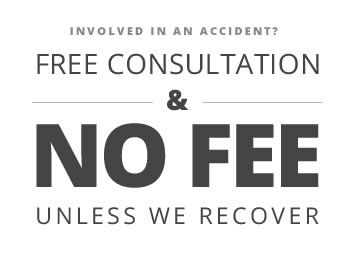It is not difficult to understand why bicyclists are considered vulnerable road users, as there are massive vehicles flying by with no metal barrier to protect the rider from devastating trauma. While occupants of a passenger vehicle may suffer minor injuries, the same impact causes severe harm to someone on a bike. According to the Maryland Department of Transportation (MD DOT), there are around 830 total bicycle accidents statewide every year. On average, 11 riders are killed and 709 suffer injuries in these incidents. In other words, 86.7% of all bicycle collisions lead to at least one casualty.
To protect bicycle riders, there are bicycle helmet laws at the state, county, and local levels. Violations of these regulations could lead to a citation similar to a traffic ticket, but the implications for a rider’s safety are significant. Riders should be familiar with the helmet laws meant to protect them in Baltimore County bicycle accidents.
Maryland Laws on Bicycle Helmets: At the state level, there is a statute that requires all bicycle riders under 16 years old to wear a helmet. This law applies to public property, so younger children do not need one when riding in their own yards.
Counties and municipalities have the power to enact regulations on bicycle helmets that are more restrictive than the state statute, and some have. For instance, in Montgomery County, all individuals under the age of 18 must wear a helmet when riding a bike on public property. In Sykesville, MD, ALL bicyclists are required to wear a helmet, the most restrictive law in the state.
The Ocean City Boardwalk is an exception to the rule on bicycle helmets, as the statute recognizes that riders may be allowed to go without by local ordinance.
Other Reasons to Wear a Helmet
Getting caught without a helmet may be a slap on the wrist. There are additional factors that should convince you to wear one. With bicycle accidents, there will always be a secondary impact when the rider lands on the ground – after being struck by the car. The effects can be worse than the initial impact, especially if you are unconscious while tossed in the air.
There is also the possibility that an insurance company will deny your claim for compensation if you were not wearing a helmet. Insurers often refuse to pay for illegitimate or questionable reasons. They could put the blame on you for failing to protect yourself. You can avoid hassles by putting on a helmet. But it is still possible to overcome challenges from the insurance company.
Talk to a Maryland Bicycle Accident Attorney About Remedies
Safety and compliance with bicycle helmet laws are priorities, but you can see how wearing a helmet also supports your rights if you were injured in a Baltimore bicycle collision. To learn more, please call 410.363.6848 or go online to reach the offices of Michael A. Freedman in Owings Mills or Glen Burnie. We can schedule a consultation to discuss options.



